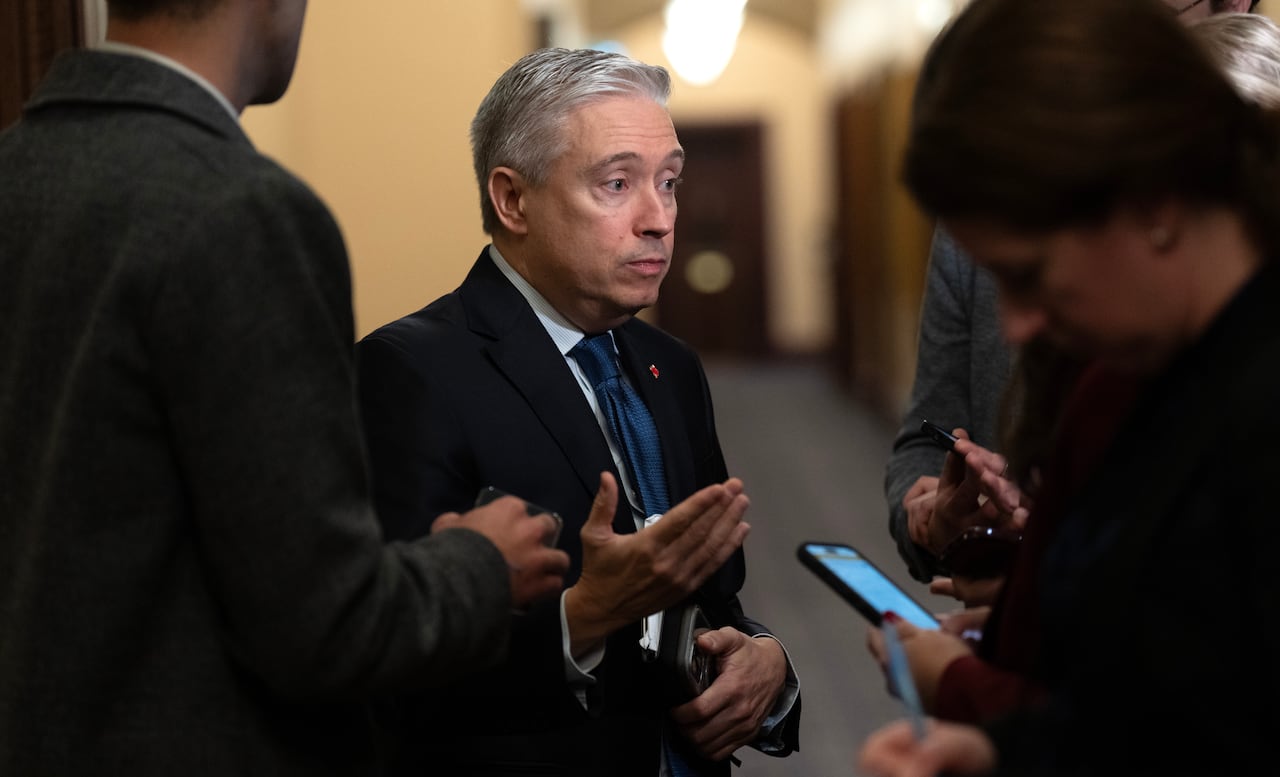A senior official working at the Canada Revenue Agency says the agency is looking for artificial intelligence and better training to help call center agents provide more accurate answers to taxpayers.
Melanie Serjak, assistant commissioner of the CRA, told standing committee members Tuesday that the agency is seeking to implement a more “senior and standardized” level of training and introduce “automation” to improve the accuracy of CRA agents' recommendations to the public.
“We are looking at artificial intelligence and other technology tools to help agents provide complete and accurate answers,” Serjak said. “We are currently working with our supplier in this area.”
After calling CRA call centers over four months this year, Auditor General Karen Hogan's office found that CRA call center agents answered only 17 percent of individual tax questions accurately.
In a report released last week, Hogan said the CRA seemed more concerned with employees' compliance with shift and break schedules than with “the accuracy and completeness of the information they provide to callers.”
Auditor General Karen Hogan found that Canada Revenue Agency call centers consistently fail to answer calls in a timely manner, and when agents do connect with a customer, they often provide inaccurate responses.
Hogan said the CRA has “plenty of opportunities” to improve its performance through training or call triage.
Serjak said before an agent makes a phone call, they go through two to 13 weeks of in-person training, followed by weeks of live phone training with a more senior agent.
“From a training perspective, we are looking at introducing a more senior and standardized level of trainers,” she said. “In the very near future, we plan to introduce some automation into our quality review process to make it even more efficient and effective for our quality assessors to assist them.”
The CRA used a virtual chatbot named Charlie to automatically answer frequently asked questions.
Hogan's report found that taxpayers are more likely to get an accurate response from a chatbot than from an agent.
“Charlie got it right 33 percent of the time, so it's a little more accurate than going to an agent and asking him a question about your personal taxes,” Hogan said Tuesday. “I think it just highlights that there is a lot of room for improvement.”
The Auditor General's report found that nine percent of agents' overall performance ratings relate to the accuracy and completeness of the information they provide to callers. It also found that 45 percent of their performance ratings were related to adherence to schedules and the amount of time they spent handling calls.
“This little emphasis on accuracy does not prioritize quality of service for callers seeking assistance,” the report said.

On September 2, Finance Minister François-Philippe Champagne set a 100-day deadline for the CRA to clear call center backlogs, with a December 11 deadline. The CRA says it has since exceeded its target for the number of incoming calls it answers.
Serjak said Tuesday that the CRA was working to improve service even before the deadline.
“The 100-day plan certainly mobilizes the entire agency to address this service situation, and we are addressing it with the highest possible priority,” she said.
Deputy Auditor General Andrew Hayes told the committee that taxpayers expect fair, timely and accurate service from the CRA.
“I think the important thing to take away from our audit report is that the CRA needs to improve its accuracy, it needs to answer Canadians' questions in a more timely manner,” Hayes said.
Hayes said the results of the 100-day plan are encouraging, but he is concerned about how services will perform during the busy tax season.








